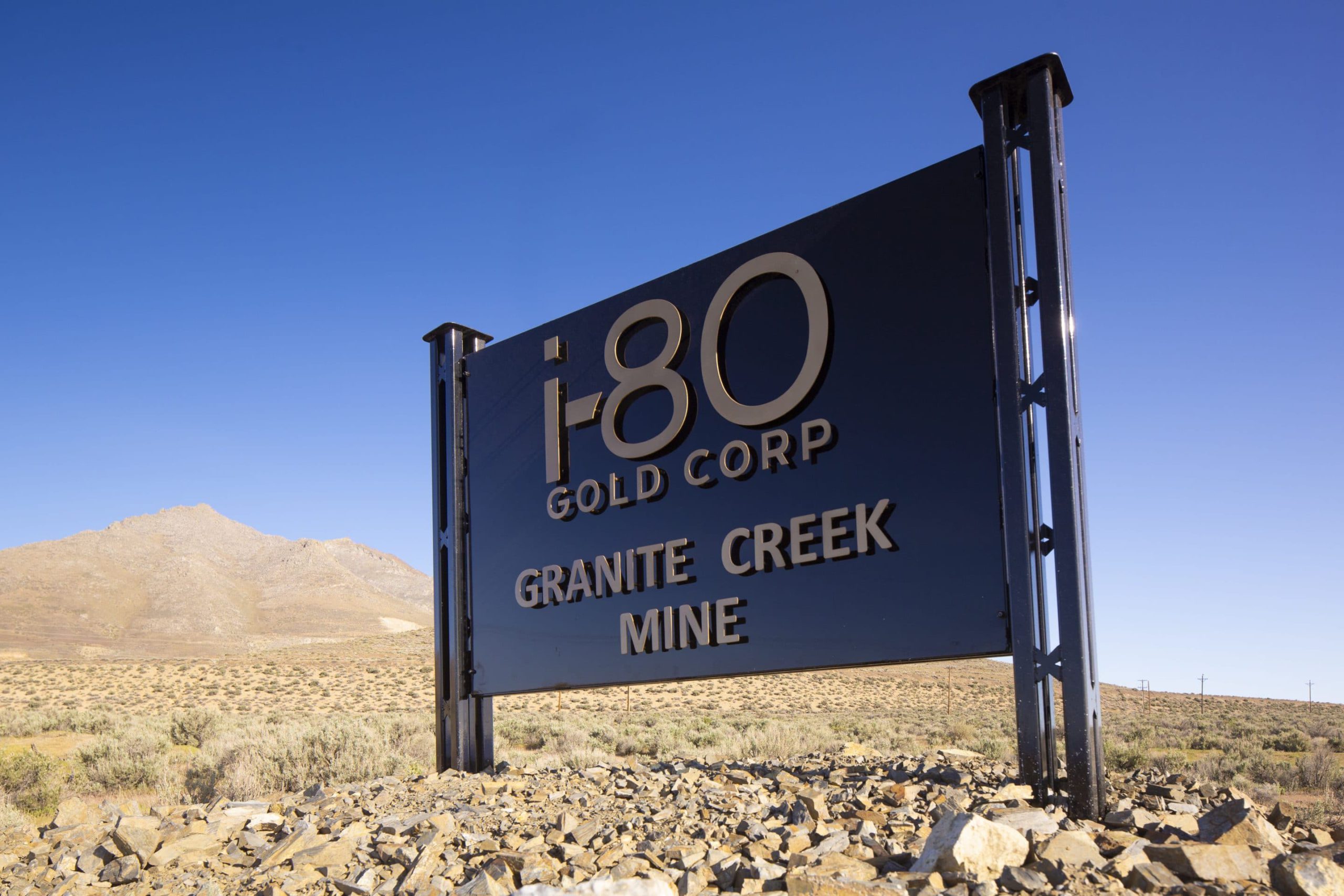BHP Billiton to export US oil without permit
World’s largest miner BHP Billiton (NYSE, ASX:BHP) plans to export ultra light oil from the U.S. without getting formal approval from Washington, testing the limits of a nearly four-decade ban on foreign sales.
The roughly $50 million deal to sell minimally processed oil, known as condensate, overseas without official government authorization is likely to trigger many such moves as energy firms seek new markets and higher prices for the surge of crude now pumped in the U.S.
But BHP, the largest non-U.S. producer in the prolific Eagle Ford shale of Texas, is not the first company to try exporting condensate. Two other players, Pioneer Natural Resources (NYSE:PXD) and Enterprise Product Partners (NYSE:EPD), surprised oil markets earlier in June, announcing they had received permission to export crude oil.
“After taking the necessary time to thoroughly examine the issues involved, we concluded that processed condensate is eligible for export,” the company said in an e-mailed statement.
It added it has already signed an agreement to sell a 650K-barrel cargo to Swiss trader Vitol.
Dividing issue
The Obama Administration has been divided over whether to allow U.S. oil exports, which have been restricted since the Arab oil embargo in the 1970s. Big oil companies including Exxon Mobil Corp. (NYSE:XOM) have called for an end to the ban, saying that overseas sales would create U.S. jobs and improve the balance of trade.
And while the U.S. Commerce Department, which oversees oil exports, has not officially abandon the prohibition, industry insiders say it has been encouraging companies to pursue independent exports as far as they comply with the terms of existing rulings, a process called “self-classification.”
Global oil prices have dropped sharply since late June as companies pump more crude, from Libya to North Dakota. West Texas Intermediate fell as much as 2% in early trade on Tuesday to a three-year low of $77.20 a barrel, while the benchmark Brent crude fell as much as 2% to $83.12.
Meanwhile, worldwide demand for fuels is moderate. Lower oil prices translate into cheaper gasoline and diesel, putting money in the pockets of consumers.
{{ commodity.name }}
{{ post.title }}
{{ post.date }}





2 Comments
Ivan Fed
actions speak louder than words. Just do it!!!!!
Uncle MO
Refine it here first and then export – value added and JOBS.